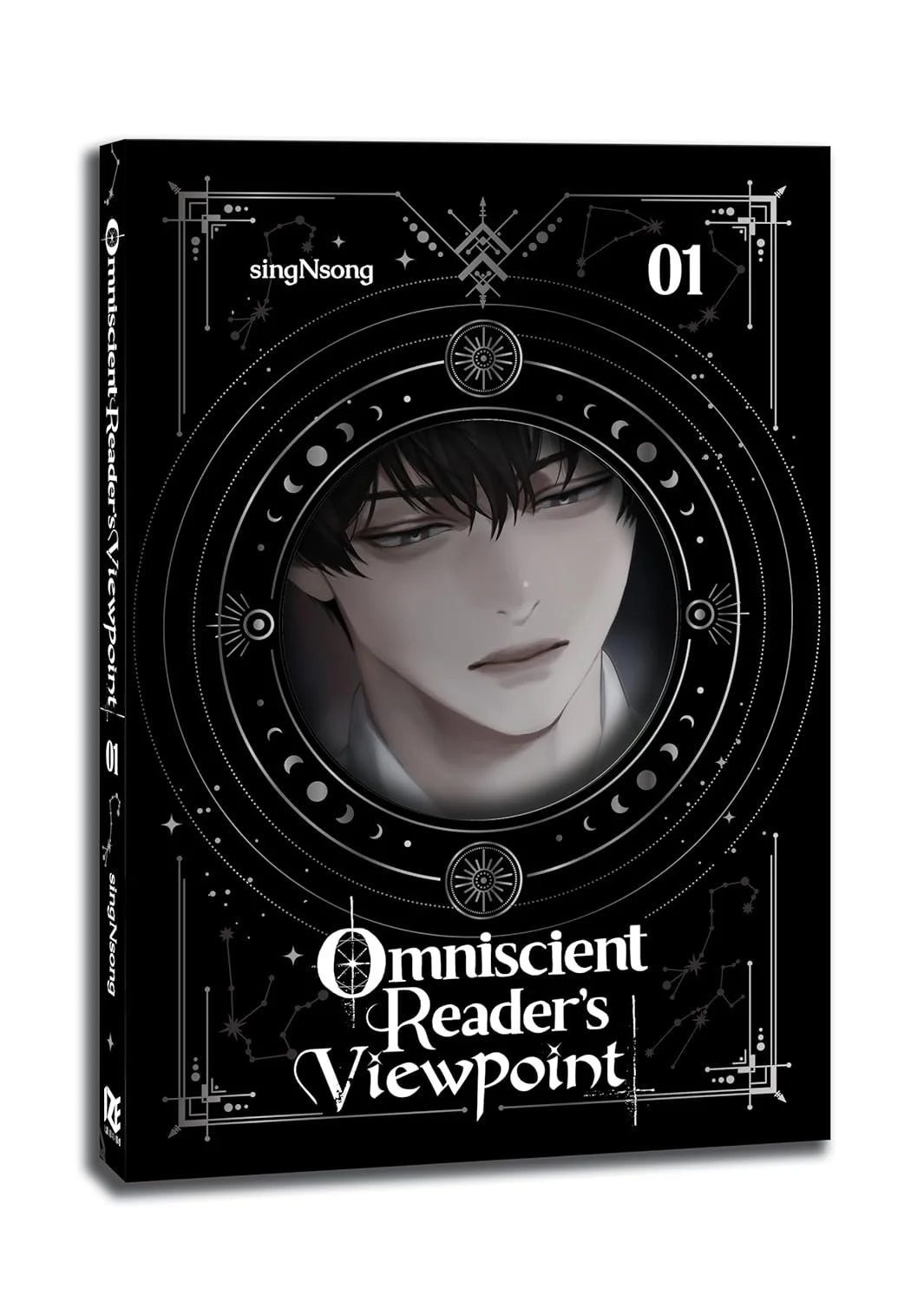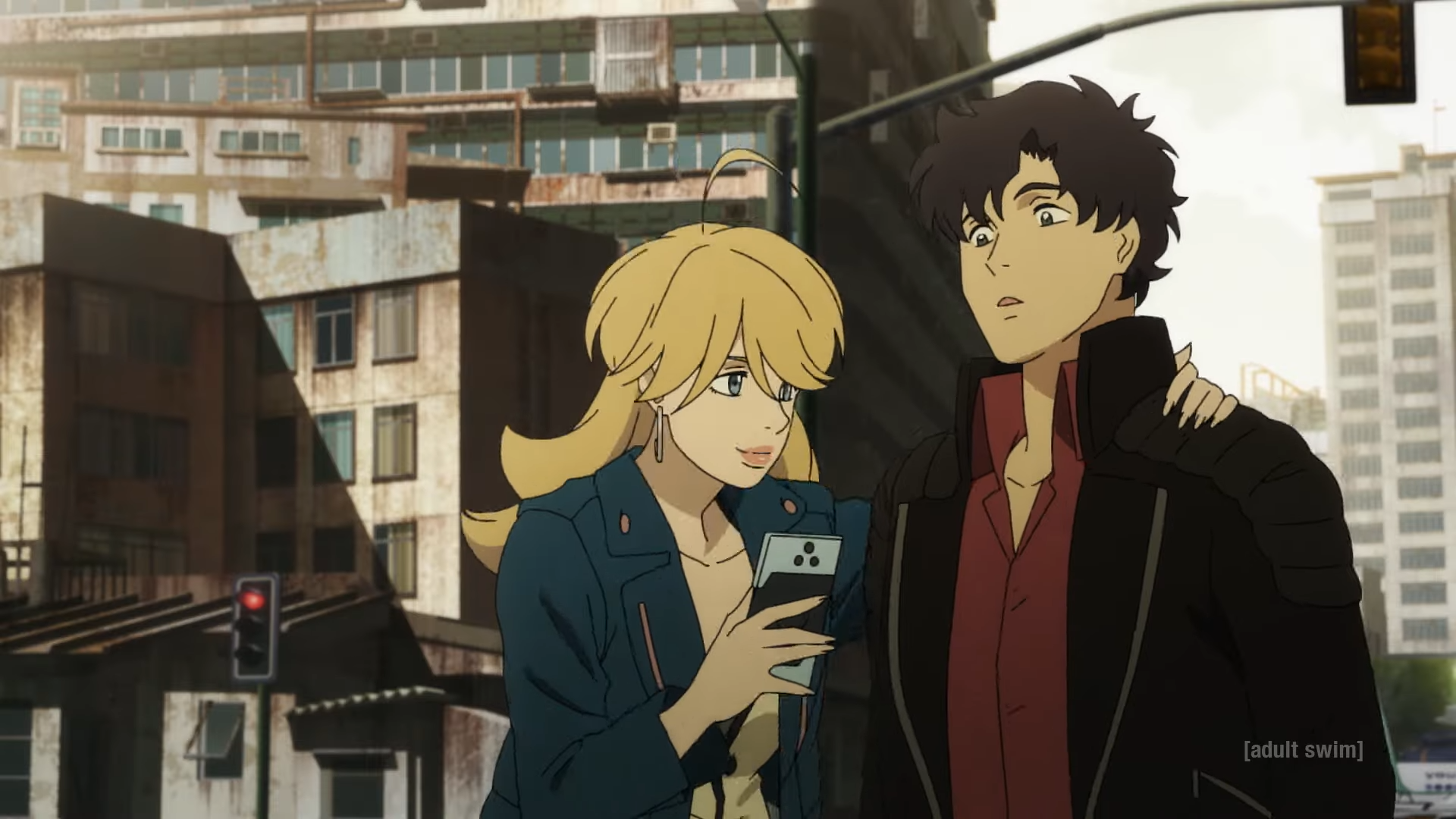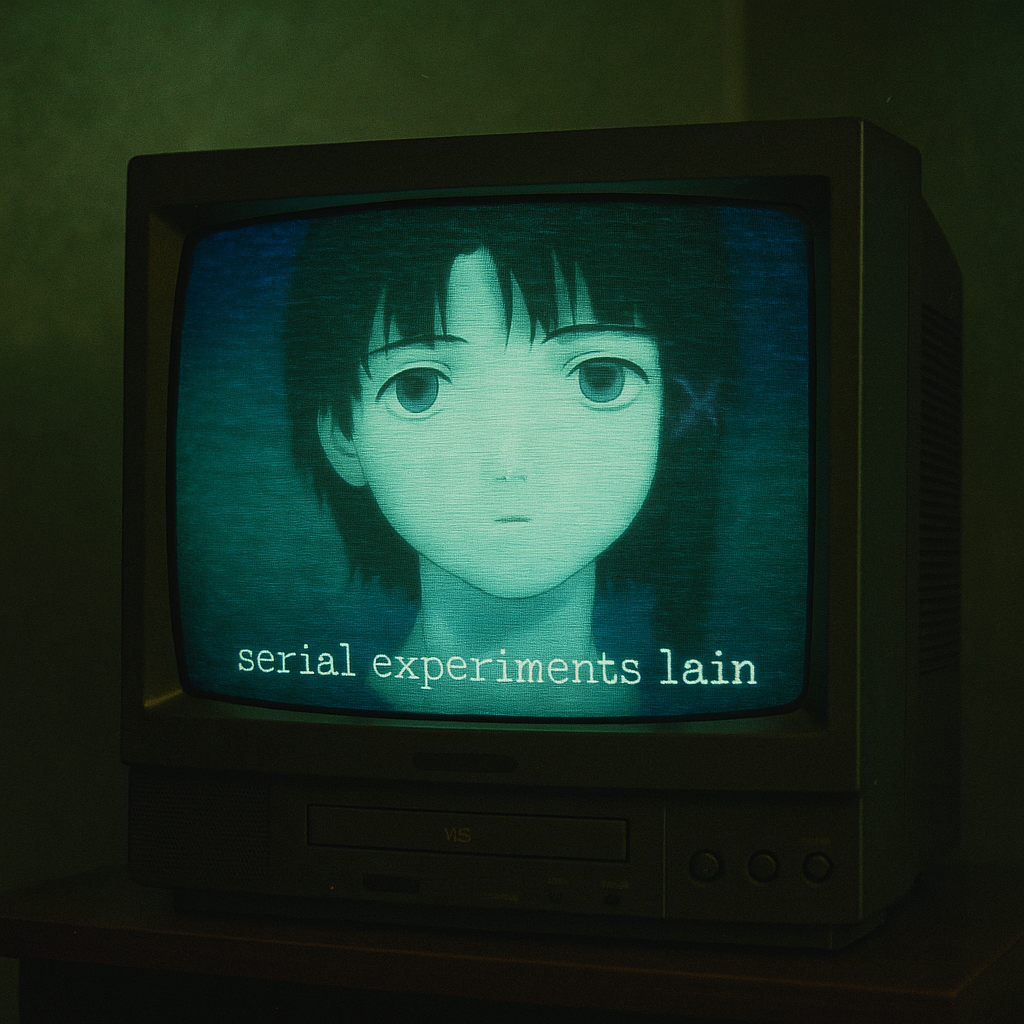Omniscient Reader's Viewpoint Novel Vol. 1 Is a Smart, Self-Aware Survival Story
The English-language debut of Omniscient Reader’s Viewpoint hits shelves this July, but for anyone lucky enough to get an early copy—like us—you already know: this isn’t just a strong adaptation. It’s a thrilling, layered reimagining of one of Korea’s most inventive web novels. Based on the first 25 chapters of the manhwa, Volume 1 kicks off a survival epic that’s less about brute force and more about knowledge, identity, and the role of stories in shaping reality. Whether you're already familiar with the webtoon or diving in for the first time, this novel delivers on both emotional impact and narrative ambition.
A Reader Becomes the Protagonist
What sets Omniscient Reader’s Viewpoint apart from the start is its premise. Kim Dokja is a low-profile office worker who’s spent years obsessively reading a niche web novel called Ways of Survival—a story only he seems to care about. But when that very novel begins manifesting in real life, turning Seoul into a battleground of monsters and gods, Dokja becomes the only person who knows what happens next.
He’s not the chosen one, nor does he awaken any hidden power. His edge is knowledge: he’s read the full story, and he knows the rules of this world before anyone else even realizes they’re in a game. This twist—that the reader becomes the survival guide—is what gives the novel its unique, meta-literary hook. And it’s not just clever for cleverness’s sake; it’s used to build real tension and urgency from page one. And in this adaptation, it becomes clear that his perspective is a compelling one in both visual and text forms.
Character-Driven Chaos
Despite its high-concept premise and world-ending stakes, the emotional core of Omniscient Reader is grounded in its cast. Dokja’s internal conflict—should he interfere, how much should he reveal, can he change what’s already been written—mirrors the external chaos he’s thrown into. That push-and-pull between destiny and agency keeps the pacing tight, even in the book’s slower moments.
What’s more, the supporting characters are anything but flat. From Yoo Sangah’s quiet resilience to Jung Heewon’s fiery idealism, each new ally brings their own baggage and strength to the table. The relationships feel lived-in, especially the soft, protective bond that forms between Dokja and young Lee Gilyoung. The early character growth doesn’t come from exposition dumps—it unfolds naturally, shaped by the pressure of the story’s brutal “scenarios,” where morality is tested as much as survival skills.
Strategy Over Power, and Stories Within Stories
Unlike typical survival fantasies or RPG-inspired worlds, Omniscient Reader doesn't entirely lean on leveling systems or sword fights. Instead, it thrives on strategy, intellect, and emotional calculation. The world operates on “scenarios” delivered by mysterious dokkaebi—goblin-like broadcasters—forcing participants into increasingly dangerous challenges. As Dokja navigates them, his knowledge of the story’s original version is both a lifeline and a moral burden. It’s a layered reflection on authorship, control, and the very nature of narrative.
The arrival of godlike “constellations” who reward and punish participants like cosmic patrons adds a mythological weight that builds slowly but with great promise. These aren’t limited to being deities for flavor—they’re central to the growing question of who’s really writing the story. As the plot unfolds, Omniscient Reader becomes a story about stories: who gets to tell them, who gets remembered, and how narratives shape perception. The fact that this all plays out in the midst of collapsing buildings, monster attacks, and ethically murky choices only makes it more satisfying.
Why This Novelized Volume Works—Even for Returning Readers
Volume 1 wastes no time in establishing its world, characters, and thematic stakes. Readers are introduced to the first few major scenarios, the beginnings of Dokja’s team, and hints of the massive narrative architecture looming in the background. While it’s clearly just the beginning of a much larger saga, the pacing feels purposeful and complete enough to hook without overwhelming.
The prose adaptation from Ize Press reads smoothly, retaining the sharp, reflective tone of the original while giving the internal monologues and character dynamics even more room to breathe. And if you're coming from the webtoon, the novel doesn't feel redundant—it deepens the experience, revealing psychological nuances the art alone can’t always capture.
The Bottom Line
Even in its earliest chapters, Omniscient Reader’s Viewpoint shows exactly why it has become a cult favorite. It’s an apocalyptic fantasy, yes—but also a philosophical thriller, a character drama, and a love letter to the power of fiction itself. For those who enjoy high-stakes stories with actual stakes, clever twists, and emotionally resonant characters, Volume 1 is a confident, thought-provoking beginning.







